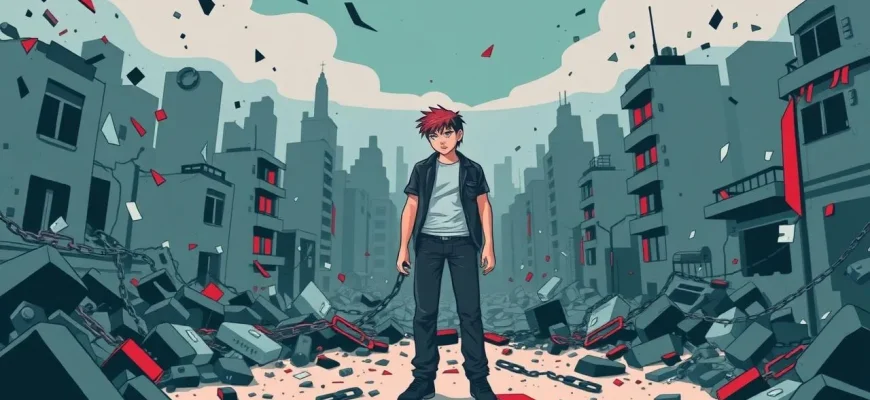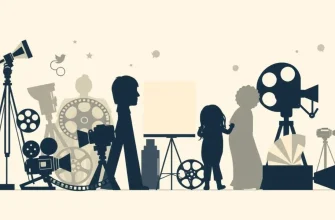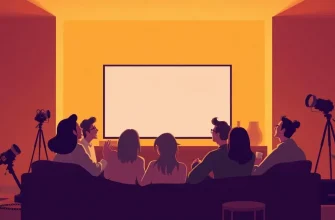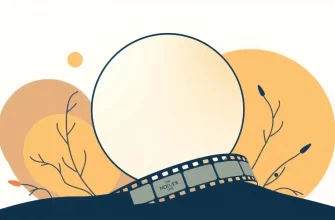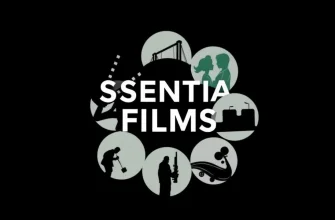Anarchy, as a theme, has been explored in cinema to portray the breakdown of societal order, the fight against oppressive systems, or the quest for individual freedom. This collection of films delves into various interpretations of anarchy, offering insights into the philosophy, the chaos, and the human condition within such scenarios. These films not only entertain but also provoke thought on the nature of freedom, authority, and societal structures.
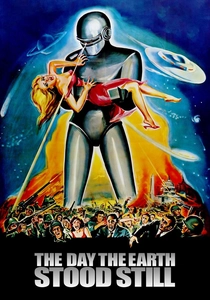
The Day the Earth Stood Still (1951)
Description: While primarily a sci-fi film, it touches on themes of global anarchy when an alien visitor threatens Earth with destruction unless humanity changes its ways, reflecting on the chaos of human behavior.
Fact: The film was added to the National Film Registry by the Library of Congress for being "culturally, historically, or aesthetically significant."
 Watch Now
Watch Now
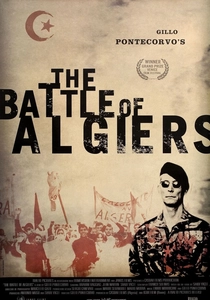
The Battle of Algiers (1966)
Description: This Italian-Algerian film depicts the Algerian struggle for independence from French colonial rule, showcasing guerrilla warfare and the rise of an anarchic resistance movement.
Fact: The film was used by the Black Panthers for training purposes due to its realistic portrayal of urban guerrilla warfare.
 Watch Now
Watch Now
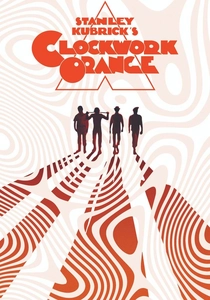
A Clockwork Orange (1971)
Description: Stanley Kubrick's adaptation of Anthony Burgess's novel explores themes of free will, violence, and state control, with the protagonist Alex embodying a form of anarchic individualism.
Fact: Kubrick withdrew the film from British cinemas in 1973 due to concerns over copycat violence.
 Watch Now
Watch Now
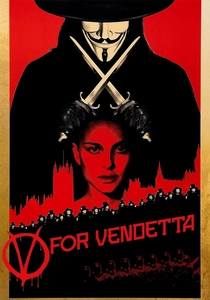
V for Vendetta (2005)
Description: This film is a cornerstone of anarchist cinema, depicting a masked vigilante known as "V" who seeks to overthrow a totalitarian government in a dystopian future Britain. It explores themes of anarchy, freedom, and the power of ideas.
Fact: The film was adapted from Alan Moore's graphic novel, and Moore famously disowned the movie adaptation.
 Watch Now
Watch Now
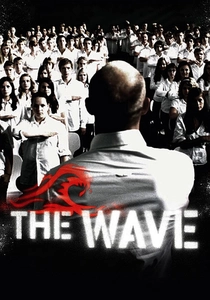
The Wave (2008)
Description: Although it's about the rise of fascism, the film also explores the chaos that ensues when a teacher's experiment in autocracy goes awry, leading to anarchic behavior among students.
Fact: The film is based on a true story from a high school in California in
 Watch Now
Watch Now
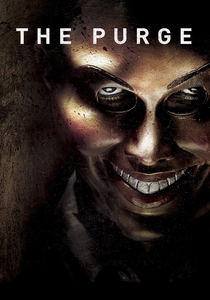
The Purge (2013)
Description: This dystopian thriller series explores a society where all crime, including murder, is legal for one night, leading to an annual descent into anarchy.
Fact: The film was made on a relatively low budget but became a surprise hit, spawning several sequels.
 Watch Now
Watch Now
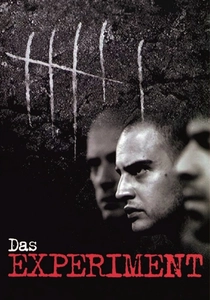
The Experiment (2001)
Description: Based on a real-life psychological experiment, this film examines how quickly order can break down into anarchy when a group of men are given roles as prisoners and guards in a simulated prison environment.
Fact: The film was inspired by the Stanford prison experiment, which itself was controversial for its ethical implications.
 30 Days Free
30 Days Free
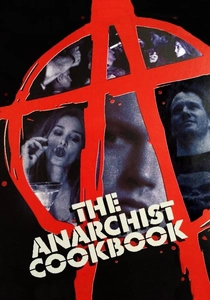
The Anarchist Cookbook (2002)
Description: This film follows a group of young anarchists who use the titular book to plan a series of attacks, exploring the consequences of their actions and the nature of their beliefs.
Fact: The film's title refers to a real book by William Powell, which was intended as a manual for revolutionaries.
 30 Days Free
30 Days Free
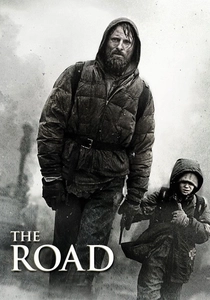
The Road (2009)
Description: Set in a post-apocalyptic world, this film portrays the anarchy that follows the collapse of civilization, with a father and son navigating through a lawless, survivalist landscape.
Fact: The film was shot in a way to reflect the bleakness of the novel, with much of the color drained from the scenes.
 30 Days Free
30 Days Free
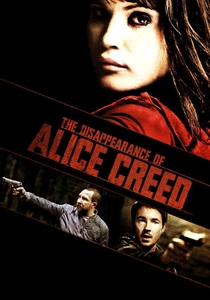
The Disappearance of Alice Creed (2009)
Description: While not explicitly about anarchy, this film showcases the chaos and power dynamics when two men kidnap a woman, leading to an anarchic struggle for control and survival.
Fact: The film was shot in just 15 days, with the entire movie taking place in one location.
 30 Days Free
30 Days Free

